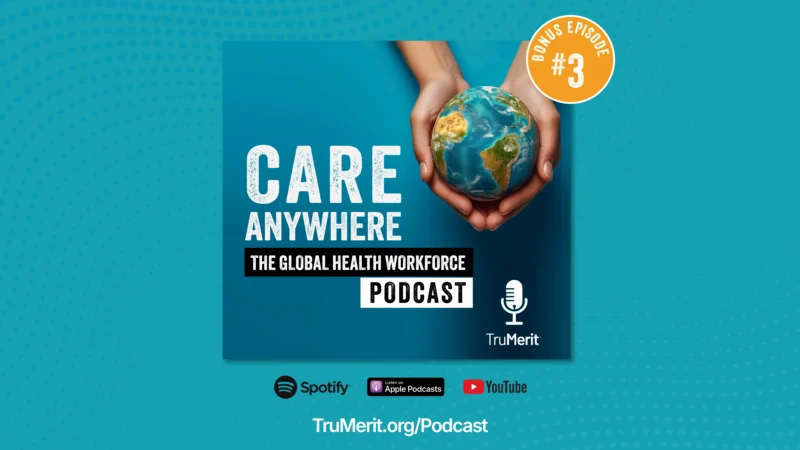Supporting Mental Health Efforts in Response to Mass Shootings
With the recent waves of mass shooting incidents that have taken place across the country in recent weeks, people have braced for talks of possible solutions to curb the phenomenon.
When people think of healthcare facilities, they are likely not thinking of them being a location where shooting incidents can occur. But the fact that they can occur in a healthcare building explores another area of concern, said Kevin Stevenson, podcast host of, “I Don’t Care With Kevin Stevenson.”
“We just had a couple of tragic shootings in Tulsa and in Ohio at medical facilities. It really just exacerbates a greater issue for us, and it’s mental healthcare,” said Stevenson.
Earlier this month a mass shooting at a medical building in Tulsa, Oklahoma by a disgruntled patient left four people dead, per CNN. Just one day before that, an inmate receiving care at a hospital in Dayton, Ohio, killed a guard and himself, according to ABC News.
These types of incidents at medical and healthcare facilities are becoming very widespread, and Stevenson said he believes the global pandemic further magnified why mental health needs to be addressed. He added that there was already a lack of mental healthcare needs being met, only worsened by COVID-19 lockdowns.
“COVID had really caused a number of people to really accelerate some of the issues that they had with their mental health, and all of us have been affected by this in one form or another,” Stevenson said.
He added that there’s an urgent need for mobilization and towards making investments into solutions that aim to remedy the growing problem.
“I think we as a society really need to start focusing more on mental health and spending more resources on mental health as well,” said Stevenson.
The topic of mental health is no stranger when it comes to a discussion about mass shootings in America. In fact, the two seemingly get discussed together. Mental health is often one of the first topics raised when a mass shooting occurs but finding the resources to ensure healthcare facilities play a part in addressing mental health more is a challenge. Stevenson stated that sometimes this can be due to the sparse number of available facilities in general. For the ones that are open and functioning, they are not always able to provide as much as they could due to resource shortages.
Getting started on tackling mental health issues as a preventative measure requires more collective effort from politicians and citizens, Stevenson said.
“This should become a global focus for our legislators and really just all of our communities. We really need to take a much stronger look at how we can help people deal with the struggles that they have in their lives,” said Stevenson.









